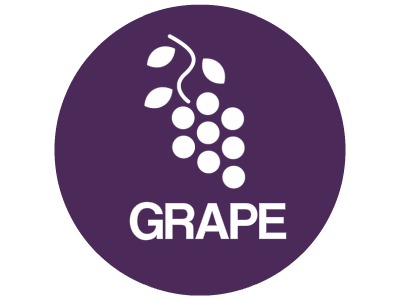 My earliest recollection of being attracted to the notion of “self-improvement” was when I was off at summer camp at the tender age of nine. How many kids do you know who have come home from camp with anything other than dirty clothes and candy wrappers? Well, not me! I came home clutching a book, titled “How to Make a Habit of Succeeding.” I admit I was an odd little kid among my peers: quiet, thoughtful, mature beyond my years …and a reader. (Anyway, those were the descriptors my teachers gave my parents at parent/teacher conferences.) It was from that seemingly insignificant start that a personal, and later, professional development activist was born.
My earliest recollection of being attracted to the notion of “self-improvement” was when I was off at summer camp at the tender age of nine. How many kids do you know who have come home from camp with anything other than dirty clothes and candy wrappers? Well, not me! I came home clutching a book, titled “How to Make a Habit of Succeeding.” I admit I was an odd little kid among my peers: quiet, thoughtful, mature beyond my years …and a reader. (Anyway, those were the descriptors my teachers gave my parents at parent/teacher conferences.) It was from that seemingly insignificant start that a personal, and later, professional development activist was born.
Over the years, I’ve read that one book, at least, a couple dozen times and become a huge fan of all the great “Napoleon Hill, Jim Rohn, Brian Tracy” types. I amassed a huge book collection. Just to give you an idea of the magnitude of my addiction, I recently boxed up 600 books to donate to the local Friends of the Public Library, with not one fiction title among them. I have always loved to learn about what and how other people think and how their thinking made a difference in their lives.
As a part of my senior year college internship, we were required to journal, something I had never done before. At the end of each week, we were to reflect back on the week’s activities and answer several questions on paper.
What did I learn last week and how do I feel about it?
What was my greatest accomplishment over the past week?
What was my greatest misstep?
What would I do differently if I had it to do over?
What are my goals for this internship?
What are the next action step(s) I need to take to move me closer to my goals?
It was simple as that. As I went through this exercise week-by-week, I’ll be honest, I didn’t put ‘two and two together’ and realize completely how it was really serving and creating a more meaningful internship experience for me. It wasn’t until I was reviewing it weeks later, using it as a tool to develop my first resume, that I saw its true significance. As I read my journal in its entirety, I realized I had played a significant role in actually creating my internship experience. It hadn’t just happened to me. It was the mid-stream “editing” I did, as a result of self-evaluation, that personalized the whole thing to my needs, goals, and dreams.
To my mind, Robert Brault expressed the primary benefit of self-reflective journaling when he said, There are people who live their whole lives on the default settings, never realizing you can customize. To have a life that is “made-to-order” you need to spend some time determining what you want and, also, reflecting on how you are doing as you go along, so you can edit your actions here and there, enhancing your results.
Over the years, I have come to agree, wholeheartedly, with Joe Cordare who said, “To the question of your life… you are the answer, and to the problems of your life… you are the solution.” The trick is to become conscious of that and it is very difficult to do without some self- assessment.
Decades later, I still benefit from weekly journaling. I have, over the years, learned the value of asking better questions. I have recently added some good ones from a list by Rich Schefren (www.strategicprofits.com):
What can I do right now to make the week less stressful?
What have I struggled with in the past that might also affect the upcoming week?
What was last week’s biggest time sink?
Am I carrying any excess baggage into the week that can be dropped?
What have I been avoiding that needs to get done?
What am I most grateful for?
If you ponder his questions for just a bit, you can see how much your responses to them would impact your life greatly. I highly recommend you give them a try as a part of your journaling effort, should you choose to accept this life-long assignment.
I’d like to close with another quote, followed by a question.
I may not have gone where I intended to go, but I think I have ended up where I intended to be. ~Douglas Adams
That is a significant distinction. Life is a wise teacher and often forces us on paths we don’t intend to travel. If you examine your life, you can still edit your way to where you want to be. Keeping a self-reflective journal is a fabulous tool for doing that. You only get one life. Are you worth the effort?
Your thoughts?

Diane,
Thank you for your post. The reflective thoughtful time we spend will help crystallize goals and actions. I’ve saved your post in my Evernote as a “great practice.” Rinse and repeat.
Diane, powerful advice! I have come to realize that many of the greatest achievers throughout history maintained the habit of a handwritten journal. Thanks for your story! Kerry